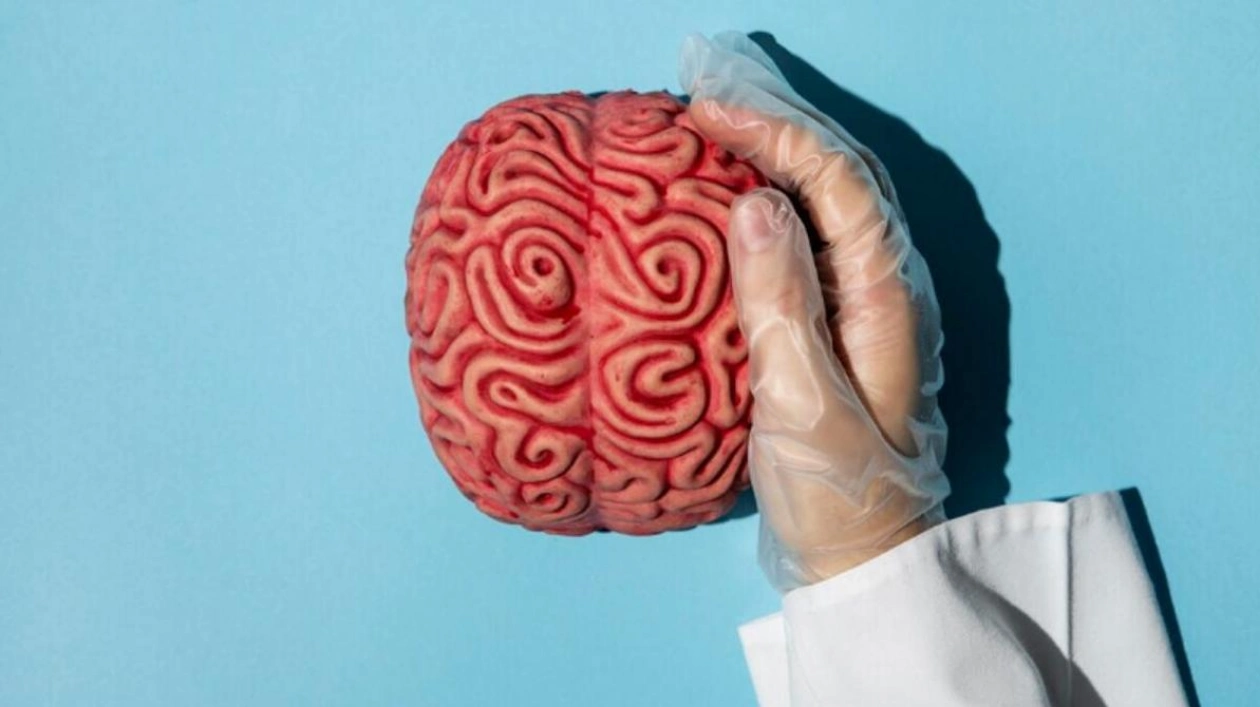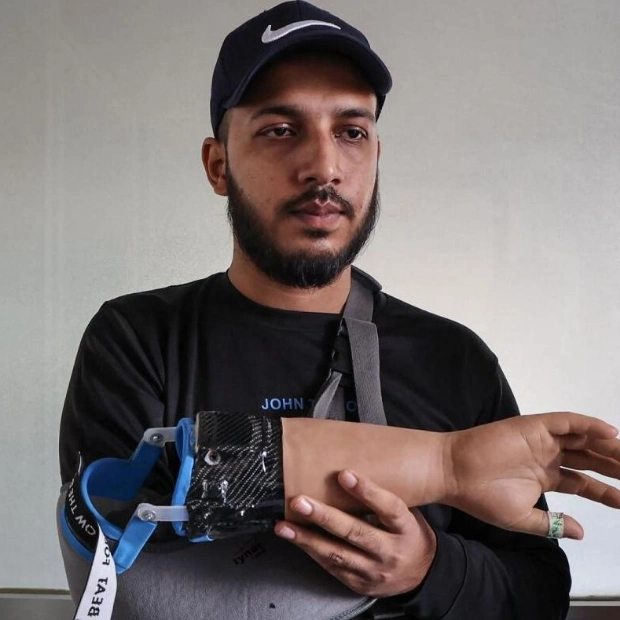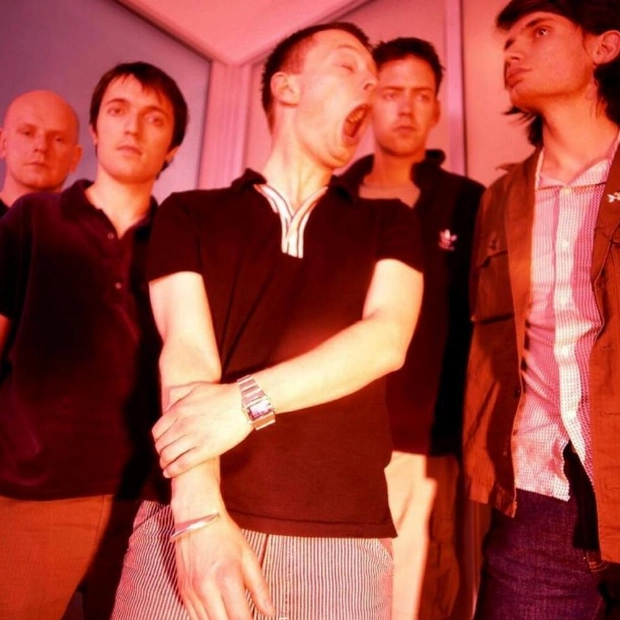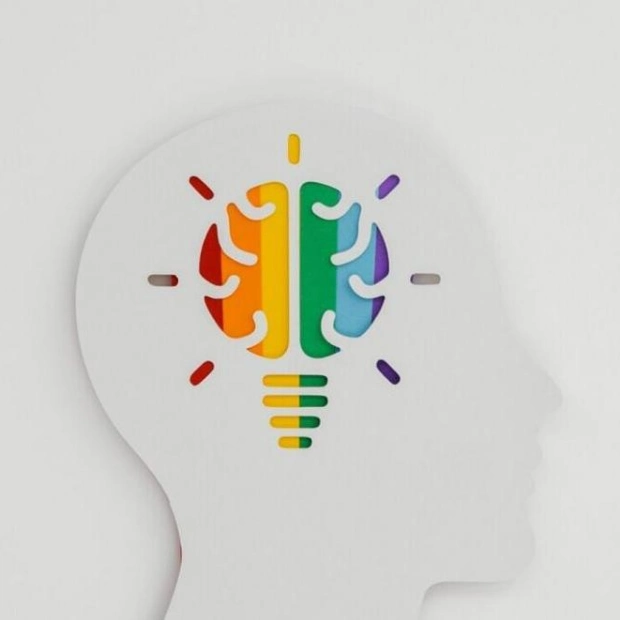The formative years of a child's development play a pivotal role in establishing the groundwork for their future physical and cognitive well-being. As their brains continue to mature and evolve, it becomes imperative to nurture and optimize their overall health. Nonetheless, life's unpredictability means that accidents can sometimes have profound consequences, with traumatic brain injury (TBI) being capable of significantly altering a child's trajectory, thereby presenting an array of physical, emotional, and psychological challenges that are often perplexing for families to comprehend and address.
Various incidents involving children, such as falling off a swing or bicycle, injuries from contact sports, motor vehicle accidents, or instances of child abuse, have the potential to result in traumatic brain injury.
Traumatic brain injury can have far-reaching implications for individuals of all ages, and children, in particular, are susceptible due to the ongoing neurological development within their brains. The effects of TBI continue to evolve as the child's brain undergoes maturation. Despite the brain's plasticity assisting in skill recovery and compensation, the true repercussions of the injury may become more pronounced as the child grows older, often leading to emotional and cognitive delays later in life.
Aside from physical and cognitive impairments, children suffering from TBI frequently encounter psychological and emotional issues that significantly impact their quality of life and future development. These problems may surface shortly after the injury and persist for an extended period, manifesting as headaches, depression, anxiety, irritability, personality changes, and cognitive variations, among others.
A substantial challenge in managing emotional and psychological problems associated with TBI in children arises from the delay between the acute incident and the onset of symptoms. The standard brain imaging methods used post-TBI primarily focus on brain structure and are unable to identify any potential metabolic dysfunction that may persist weeks after the injury.
Accurate diagnosis is crucial in providing appropriate treatment and support. Healthcare providers need to consider the possibility of TBI when evaluating a child’s emotional and behavioral symptoms, particularly in cases with a history of head injury.
Treatment and rehabilitation for TBI-related symptoms may include a holistic approach involving hyperbaric oxygen therapy, cognitive training, physical therapy, occupational therapy, and dietary coaching. These interventions aim to restore regular brain functions, alleviate symptoms, and improve the quality of life for affected children and their families.
A comprehensive understanding of the broad spectrum of emotional problems associated with TBI, along with accurate diagnosis and comprehensive treatment, can better support affected children in leading fulfilling lives.
Dr Zemer Wang is medical director at DP World's Aviv Clinics.






